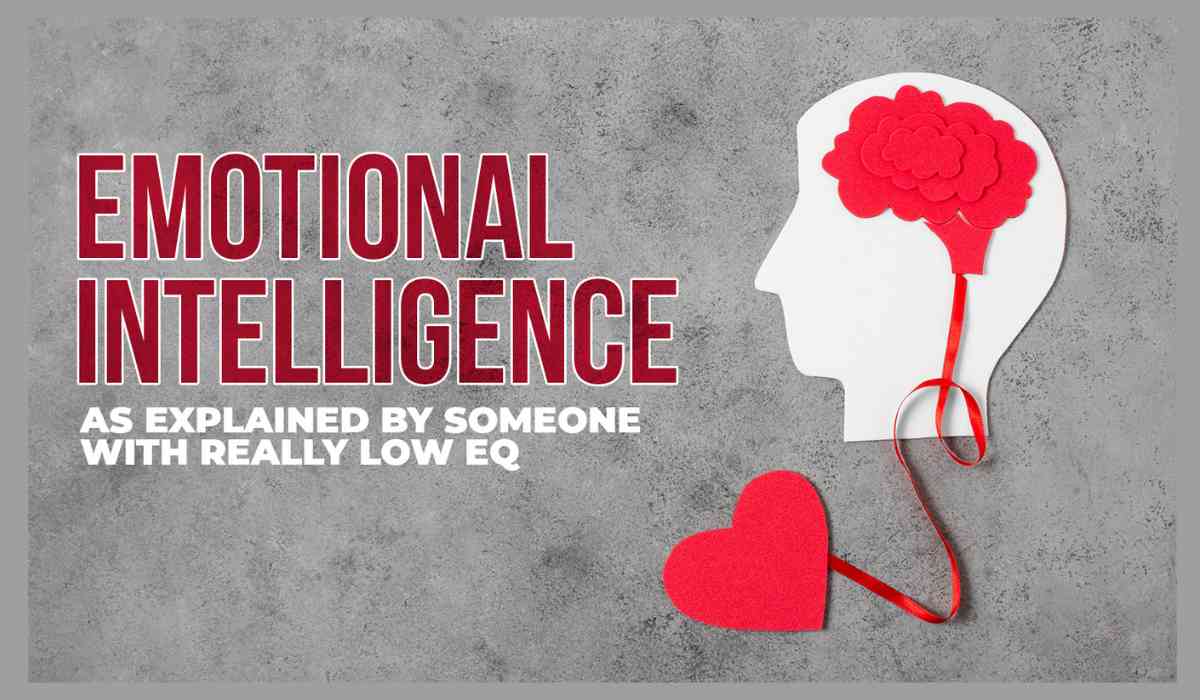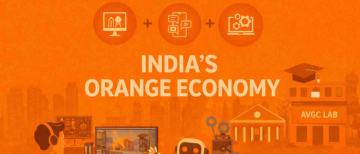I have often been called emotionally stunted, mostly by the ones closest to me. And I have always failed to understand why. Maybe you have been on either side of that situation in past, or are presently living through it. I now have enough life behind me to see some things clearly - Mostly how I have failed terribly at having a functional EQ. And that might be a physiological issue, or just something I was never trained in by my equally emotionally challenged upbringing. Not blaming my folks in any way, these concepts didn’t exist when I was growing up, emotional intelligence was just something that either came to you naturally as a person or didn’t, making me the latter.
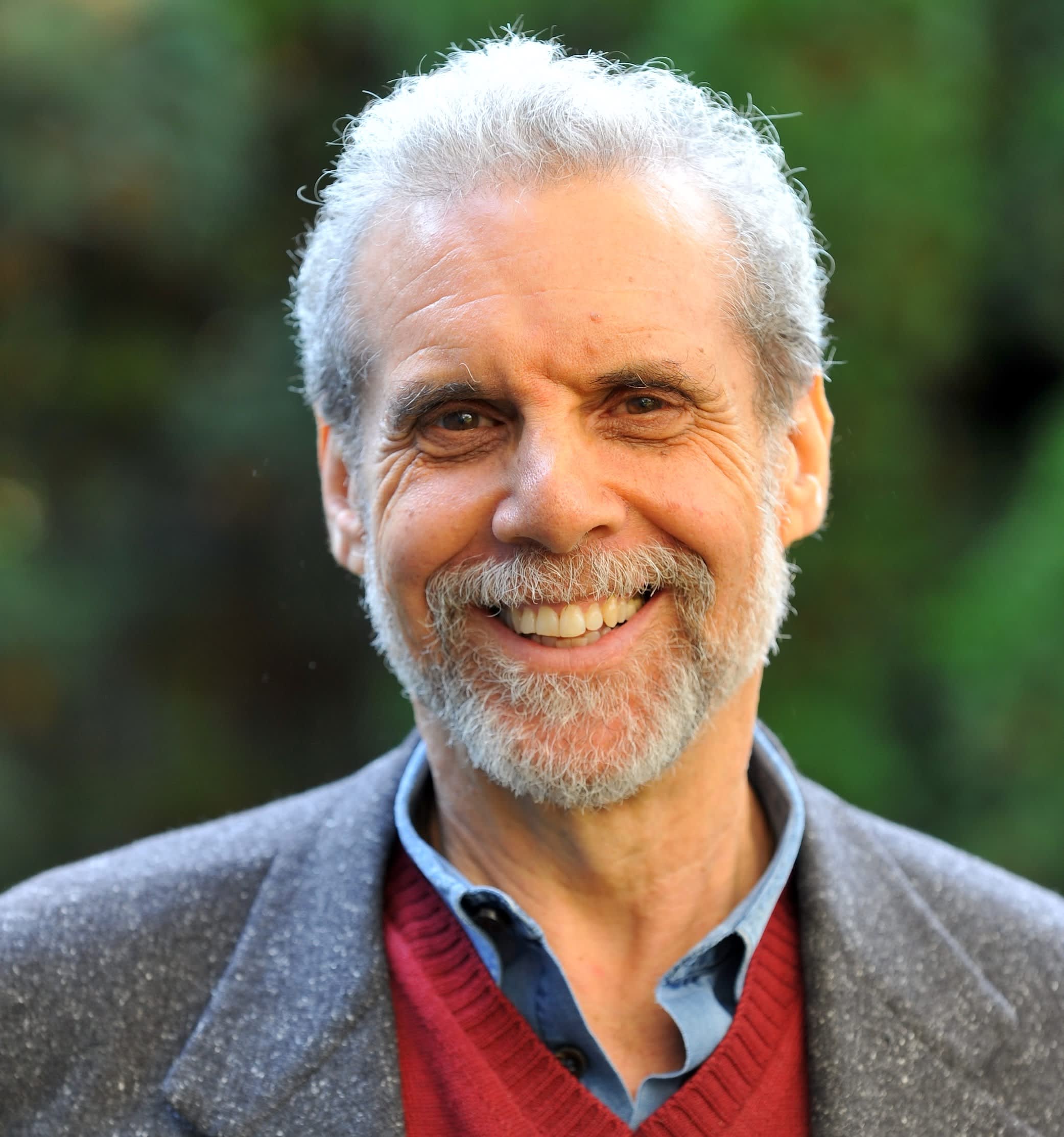
Which isn’t surprising, as the term "Emotional Quotient" (often abbreviated as EQ) was popularised and introduced into mainstream discourse by the psychologist Daniel Goleman with the publication of his book "Emotional Intelligence" in 1995, and I was already in my teens by then. Goleman's book brought attention to the concept of EQ and its significance in personal and professional success.
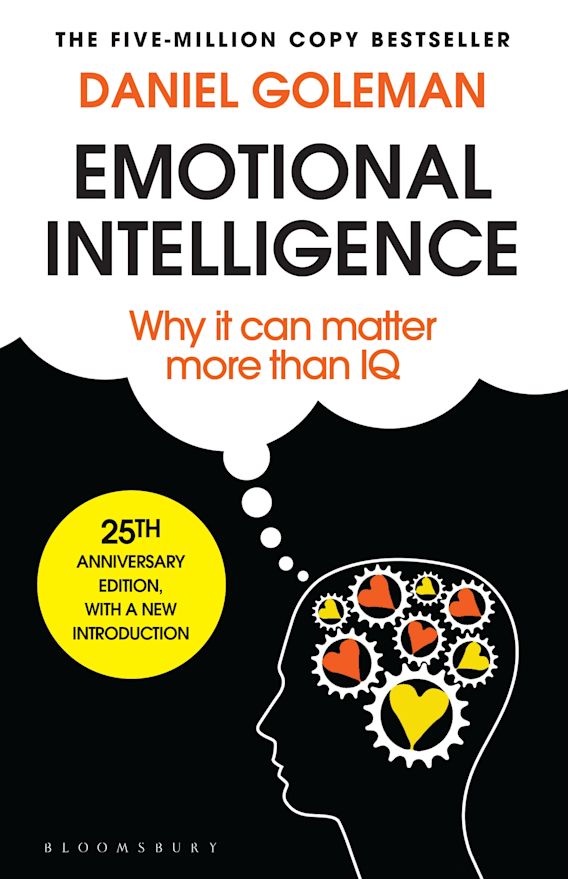
While the ideas and principles behind EQ have roots in earlier psychological research, it was his book that played a significant role in formalising the concept of Emotional Intelligence. Since then, EQ has become a widely recognised and studied aspect of human psychology and development. It's like the secret sauce that flavours our interactions, enriches our relationships, and makes us the masters of our emotional destiny.
So what is Emotional Intelligence or EQ:
On a theoretical and practical level, it’s the ability to recognise, understand, manage, and influence our own emotions, as well as understand and influence the emotions of others. Both terms pertain to this set of skills and competencies related to emotional awareness and management.
However, if we're looking for a nuanced difference, it is more commonly used in scientific and academic contexts. It is the umbrella term that encompasses the broader concept of understanding and managing emotions.
EQ, as a term is often used in a more colloquial or popular context. It's a measurement of a person's level of emotional intelligence, often assessed through standardised tests or questionnaires. People might say someone has a "high EQ" to indicate that they possess strong emotional intelligence skills. In practice, though, the distinction between these terms is subtle, and they are frequently used interchangeably. The key point is that both refer to the ability to navigate and manage emotions effectively, both within oneself and in interactions with others.
EQ and its five-ring circus:
Emotional quotient is often, in an academic context, divided into five circles -
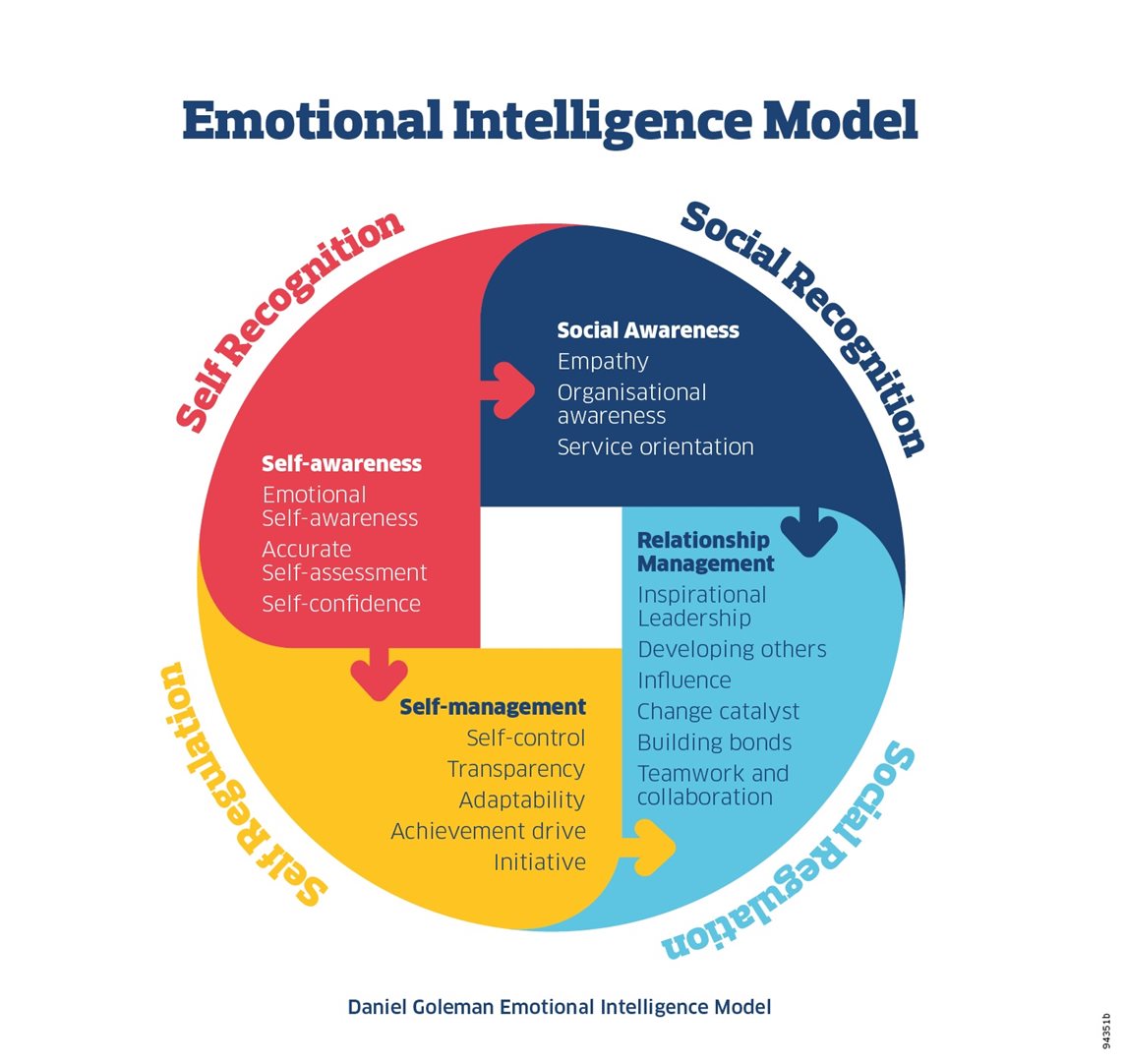
Self-Awareness: The Mirror of Truth
It’s basically is like having a personal emotion radar. Picture this: you're at a party, and suddenly you feel a wave of irritation. Thanks to EQ, you realise it's not the appetisers causing the agitation, but perhaps a conversation you overheard. You gracefully pivot, avoiding a potential social disaster. Something I fail miserably at, since I cannot, to save my life, parse through the tangled ball of anger that is my brain most of the time. But I do hope you can, or learn to.
Self-Regulation: The Emotion Gymnastics
Self-regulation is where EQ meets emotional acrobatics. It's the ability to do emotional summersaults and backflips while keeping our composure. For example, you're in a professional setting, sitting in a boardroom and someone shoots down your idea. Instead of turning into the Incredible Hulk, you take a deep breath and respond with grace and composure. You get where I’m going with this? It’s not about not wanting to become the ogre you are inside, it’s about not letting it take over you, and keeping Mr Hyde hidden from the world, with the use of an iron grip over it.
Motivation: The Ever-Energetic Cheerleader
Consider motivation as the enthusiastic cheerleader in our EQ squad. It's what gets us out of bed in the morning, even when Netflix and a cozy blanket seem to be ever so tempting. Say, you're pursuing a long-term goal, like learning a new language or mastering a new skill. When the initial excitement wanes, it's your EQ-powered motivation that keeps you going, one verb conjugation at a time.
Empathy: The Golden Rule of EQ
Empathy, is a tricky one. I have always stated that empathy is like diarrhoea - a little is good, keeps your system clean, your weight in check. A lot of it will cripple you and make you unable to transverse through this world without completely soiling yourself. But then, as mentioned above, I have sub-par EQ, and all my empathy is reserved strictly for animals. But as per EI, empathy is like having an emotional GPS that guides us through the labyrinth of human emotions. Like if your friend just lost their job; instead of offering clichés, you put yourself in their shoes, offering support and a listening ear. That, my friend, is the magic of empathy.
Social Skills: The Dance of Connection
Social skills are like the choreography of EQ. It's what makes us graceful dancers in the ballroom of life. This might be the most important aspect in which high EQ people excel head and shoulders above the rest mortals. Example - You are at a networking event, and you strike up a conversation with a stranger. Your EQ-fuelled social skills help you find common ground and turn a casual chat into a meaningful connection. This is what helps you expand your personal & professional circles, which is always great, I suppose.
EQ and the modern world

Social media, the internet and 2 years of social isolation has terrible things to people’s EQ. This shouldn’t be surprising. Dating today is a game of quantity, instead of quality, enabled purely by the gamification of courtship. We have friends from across the world, we have never before seen amounts of content to keep our brains busy. Extroverts have always been out and about, but 2 years of lockdown has done irreversible damage to the introverts, who have pretty much turned into shut-ins. A hermit life, does not need you to have high EQ, and it doesn’t enable the growth of EQ that comes from exposure to other human beings. Why bother understanding someone who seems to be incompatible when you can just sit in an echo chamber of millions who sound and feel like you? While it might seem comfortable to never try and look into any other perspective apart from yours and others like you, it kinda moulds you into a single dimensional human being, there by driving your EQ to the ground.

So fellow folks, in a world that sometimes feels like a rollercoaster ride, EQ is our trusted seatbelt. It's not a fixed trait, but a skill set that we can nurture and refine. By embracing the power of Emotional Intelligence, we become the conductors of our emotional symphony, leading to a more harmonious and fulfilling life. I know I’m trying to do so, and I hope you do too.
Ⓒ Copyright 2023. All Rights Reserved Powered by Vygr Media.

